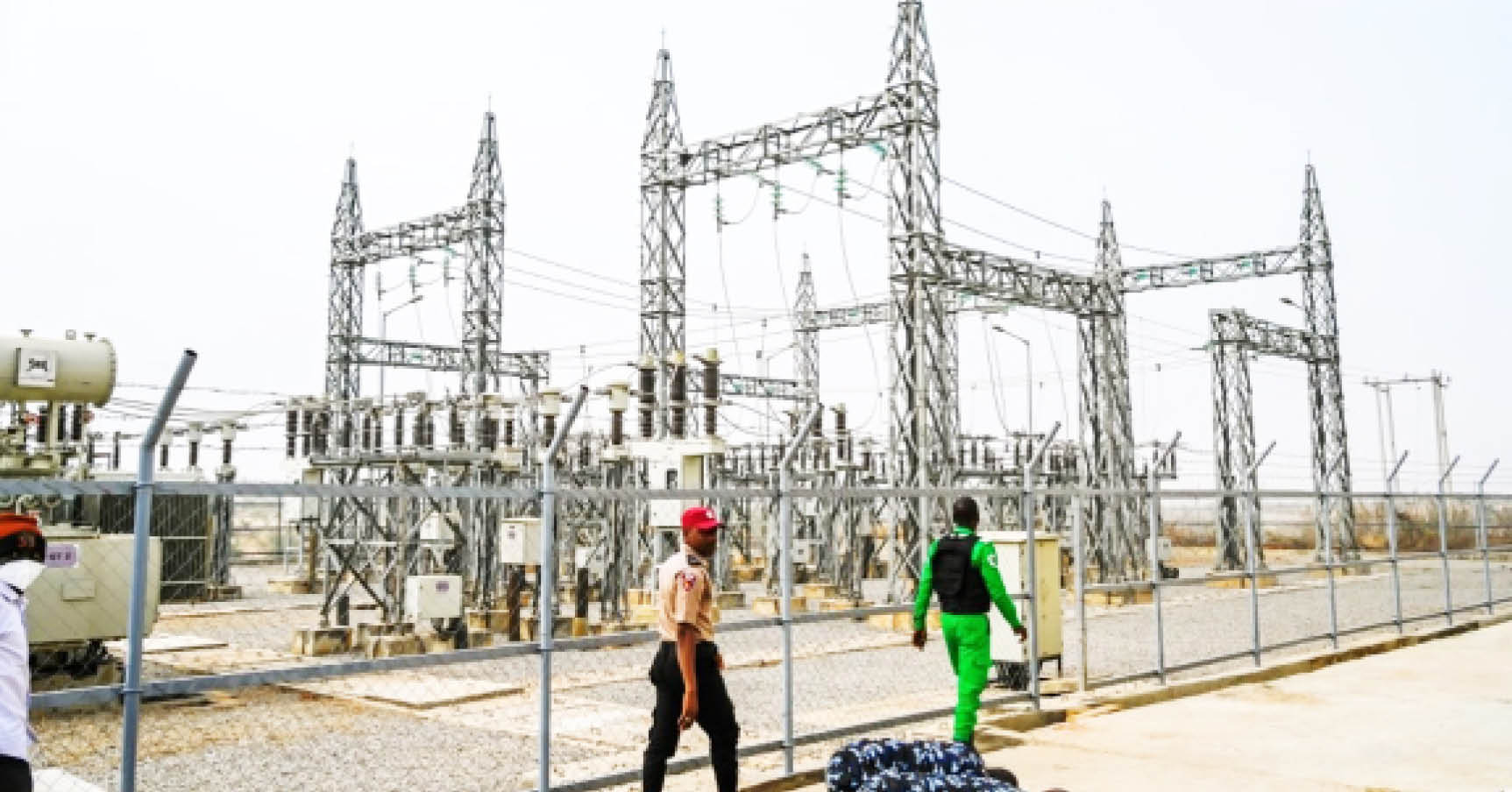According to the International Energy Agency (IEA), Nigeria’s electricity access is at 61.6 per cent as of 2019 with 77 million people without power supply. The country has a total population estimated at over 195 million. Of this number, 51 per cent live in urban areas while 49 per cent live in rural areas. Also, Nigeria has a total installed power generation capacity of 16,384MW, a poor feat when compared with Egypt and Morocco with 100 per cent electricity accessibility. Power generation in Nigeria is mainly from hydro and gas-fired thermal power plants, with the hydro plants providing 2,062MW and the gas-fired 11,972MW.
How big is the problem affecting Nigeria’s power sector?
Nigeria’s power sector was largely privatized in 2013 coupled with several market liberalisations and policy liberalisation unbundling the government-owned inefficient utility management. The sectoral reformations ushered in 11 electricity Distribution Companies (DisCos) in Nigeria and over 20 GenCos (Power Generation companies). Most of these GenCos have an agreement, called the Power Purchase Agreement (PPA), with the Nigerian Bulk Electricity Trading Plc (NBET). This agreement allows NBET to offtake electricity and sell it to the DisCos. The TCN is responsible for transporting the electricity from the GenCos to the DisCos and international customers like Benin Republic and Niger Republic.
Interestingly, the power generation companies (GenCos) have attributed the current state of electricity generation in the country to the 1.644 trillion owed them by the Nigerian Bulk Electricity Trading (NBET) Plc. The debt arose majorly from unpaid capacity charges from as far back as 2015. On the other hand, The Nigeria Electricity Regulatory Commission (NERC), based on data obtained in 2021, reported that power distribution averaged 4,094.09 megawatt (MW), despite available generation capacity of about 8,000 MW implying the poor capacity of distributing companies to distribute generated power.
- Senators mobilise against Akpabio, want Barau as Senate president
- Osimhen’s Napoli on verge of first Serie A title in 33 years
It should also be noted that the federal government approved and disbursed N1.3 trillion (N701 Billion in 2017 and N600 Billion in 2019) Payment Assurance Facility (PAF) to shore up the monthly remittances from the DisCos to the GenCos and their gas suppliers. Prior to this period, the monthly remittances from the DisCos to NBET were less than 30 per cent.
In 2022, 11 DisCos failed to pay N485bn for electricity supply in 16 months according to Daily Trust. Apparently, Nigeria’s power sector privatisation has failed fantastically due to fundamental factors that will be discussed below but all at the expense of pressing demands of Nigerians.
It will be necessary to briefly examine policy anatomy of Nigeria’s power sector and perceived mistakes in sectoral reformations. Prior to privatisation of the power sector, the inefficiencies and mismanagement of the government owned power utility company was too obvious but the hastily naive or unintelligent liberalisation accommodated disguised industry players who are not only incapable but unethical.
The first fundamental breach of ethics in the sectoral reform and privatisation gusto is the financial securitisation breach in which private companies buying sold assets were borrowing from local banks against the modus operandi which provided for international financiers only.
Anyone can guess why they all had their ways eventually. Also, considering the complexities and strategic stature of the power sector, the first process ought to be “commercialisation” and not hasty “privatisation”. Commercialisation will allow for unbundling of the utility company but with minimal privatisation or private sector management allowing government ownership which will maintain the “natural monopoly status” of the sector for the state but with a goal of profit making, corporate restructuring and tactical decentralisation.
Furthermore, another problem prevalent in Nigeria’s policy formulation is the culture of “blind market economy adoption”; the culture of wanting to adopt free market principles blindly without thorough understanding of the social and domestic dynamics. For example, Nigeria’s power sector full liberalisation which started in 2011 blindly adopted the “American power sector model” by introducing hasty privatisation and excessive decentralisation of power supply with an intention to attract more energy investments and market competitions but ended up with state sponsored “private sector monopoly”.
This decentralisation model has inspired models such as off-grid, mini-grids, independent power projects etc all conflicting with the national grid model making the sector more bureaucratic and achieving less competitions/investments compared to market projections.
Importantly, the following are my thoughts on how Nigeria’s power sector can be rescued through “balanced commercialisation” befitting a developing economy against “inefficient privatisation”.
Nigeria’s Federal Government should reform the sector by leading a joint venture that will consist of FGN, reputable international energy company/companies and willing Nigerian energy companies compliant with “capitalisation” requirements. The new joint venture “JV” will lead the management of power generation, transmission and distribution coupled with the government having majority share ownership but managed by private sector partners reputable for successful power sector efficiency.
Mujib Dada-Kadri, a lawyer and policy analyst, wrote from Abuja

 Join Daily Trust WhatsApp Community For Quick Access To News and Happenings Around You.
Join Daily Trust WhatsApp Community For Quick Access To News and Happenings Around You.
